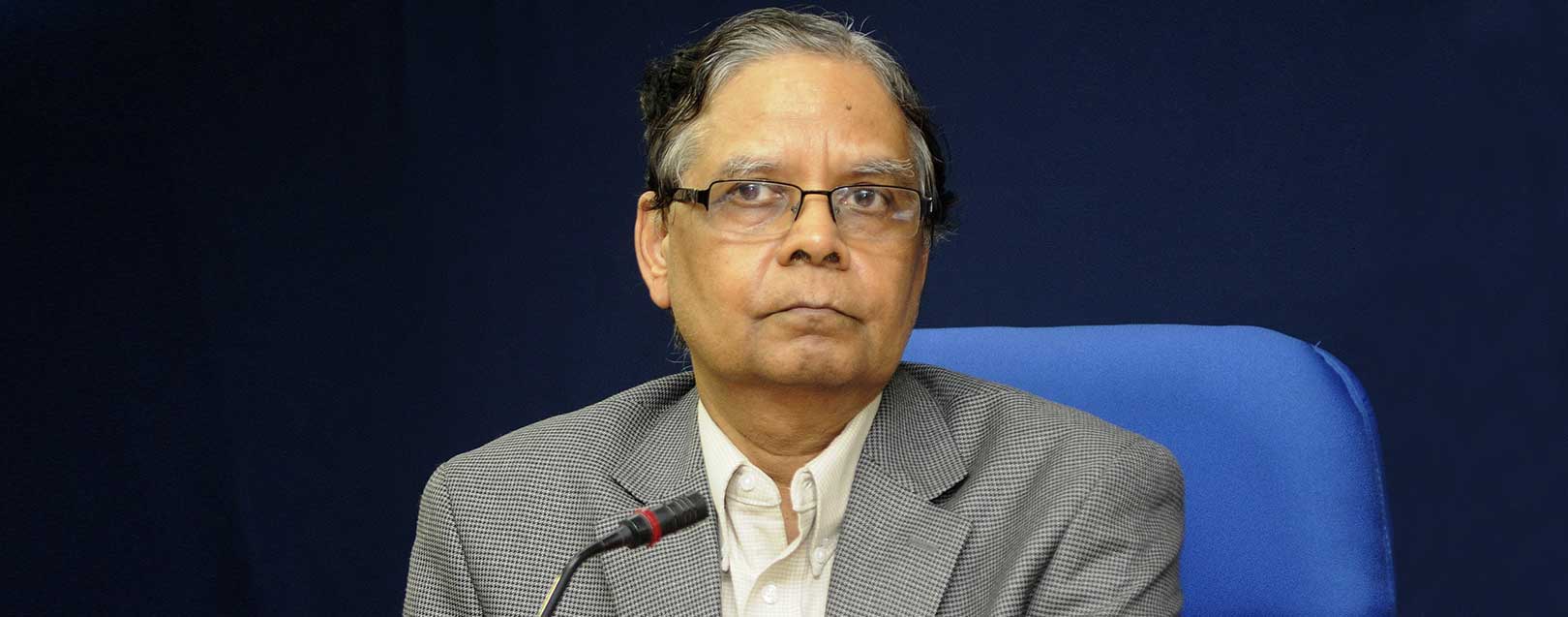
India to capture world markets to sustain 8-10% growth
The Dollar Business Bureau
Observing that India has been ‘slower’ than other nations in entering into free trade agreements (FTAs), Arvind Panagariya, Vice Chairman of NITI Aayog said that the country will need to capture some of the international markets if it has to sustain a 8-10 percent rate of growth in the coming 20-25 years.
“On FTAs, India has been surely slower than other nations,” Panagariya said at a discussion organised by the Asia Society Policy Institute in New York on Wednesday.
“I just don't see that if India wants to try to sustain a growth rate of 8-10 per cent over a period of 20-25 years, it can be done without actually capturing some of the world markets,” he said.
He further said that besides liberalisation, the country would have to focus on ‘internal reforms’ such as trade facilitation, pace at which products can move in and out of India and reduce the myriad number of clearances that are required. He pointed out that India's internal market for goods is below $1 trillion whereas merchandise exports in the world market stood at $18 trillion.
When enquired, if India is looking to join the Trans-Pacific Partnership (TPP), he said the TPP is not on India's agenda at this point of time. "To become a TPP member, India would need to escalate its intellectual property to a level that is acceptable internationally, government sourcing should be efficient and labour standards acceptable internationally,” said Panagariya.
"These areas are essential parts of the TPP and India is way below the standards that are needed in these areas in the TPP," he added.
On the issue of creation of jobs in India, Panagariya said that unemployment is not a major issue in the country but the main problem is underemployment. He quoted the example of India’s agriculture sector, where around 49 percent of the labour force produces only 15 percent of the Gross Domestic Product (GDP).
On Goods and Services Tax (GST) Bill, he said the GST reform is highly on the government’s agenda. "I remain optimistic. GST is a process even after the legislative documents are in place, there will still be a transition to GST. It is a process that takes some time. I'm not worried about GST," he added.






 to success.
to success.